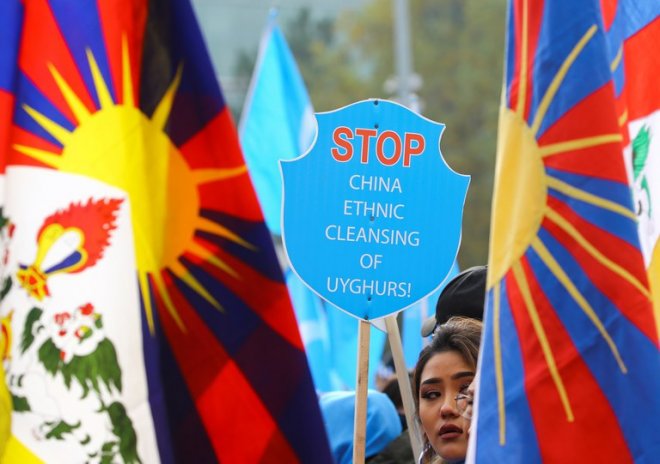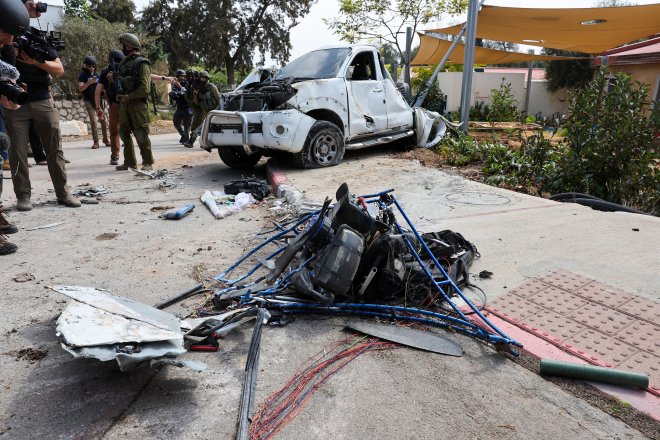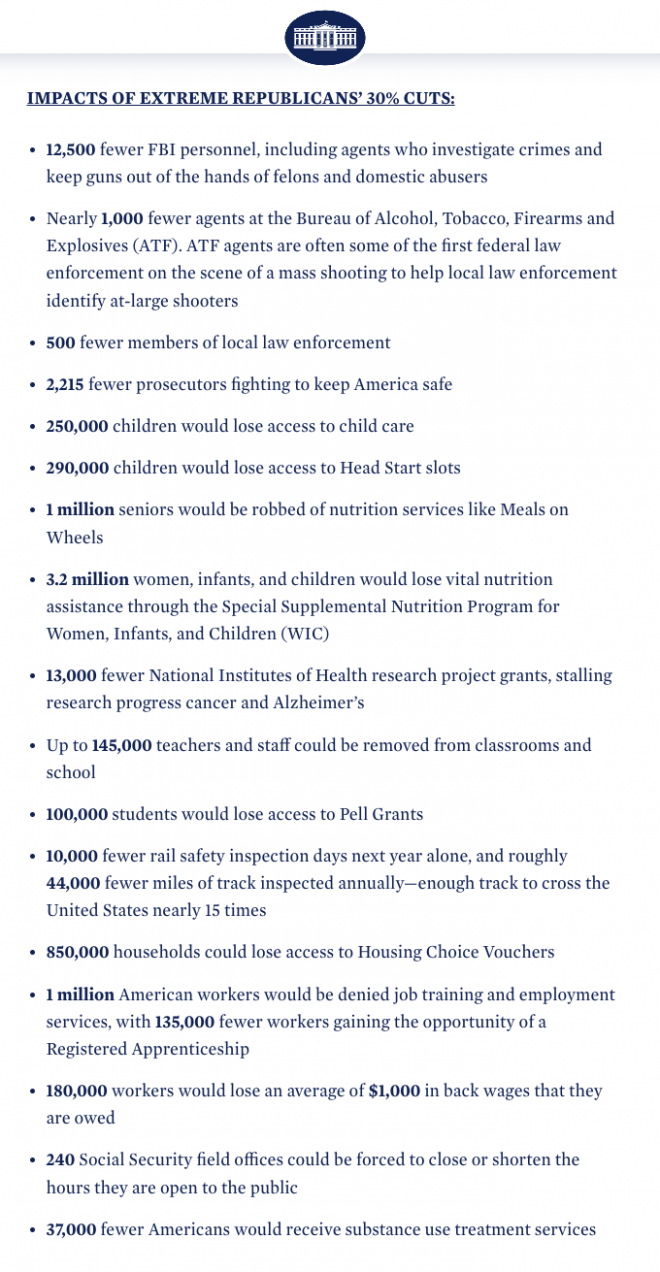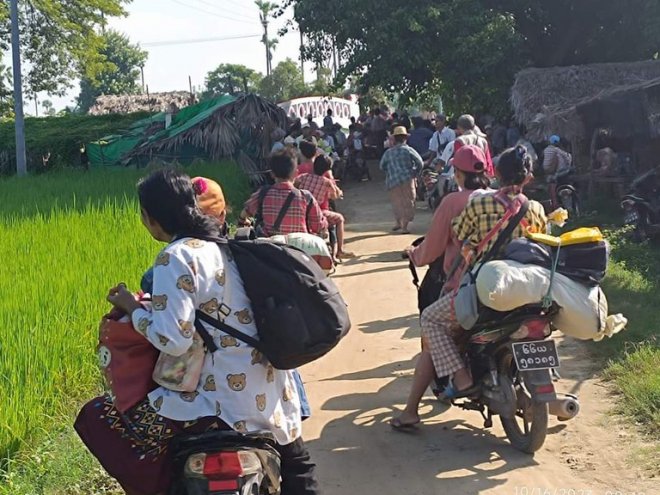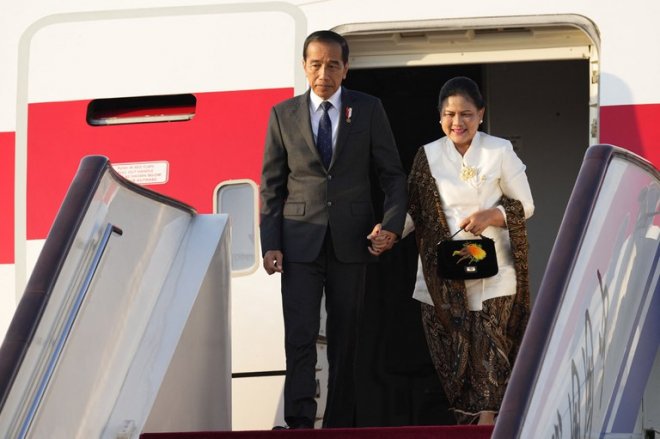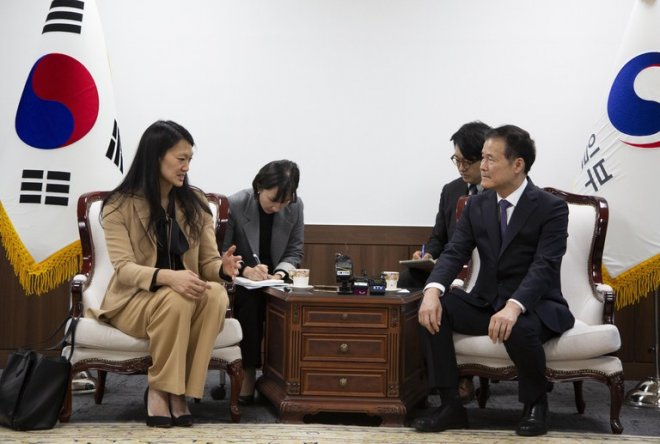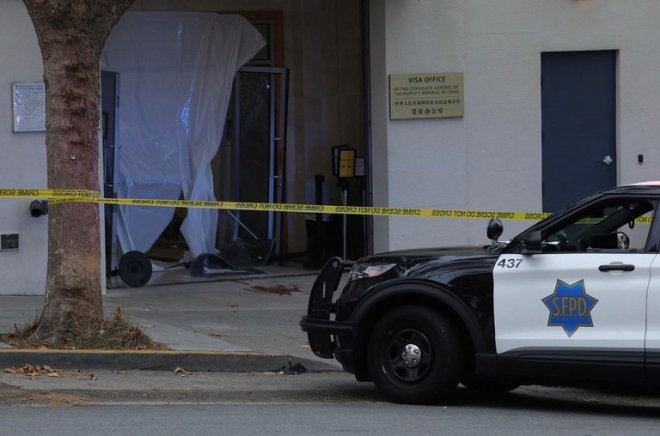Don’t display slogans, wear provocative T-shirts in Hong Kong, Taiwan tells citizens
Taiwanese authorities have warned their nationals planning to travel to Hong Kong to avoid carrying electronic tealights, wearing T-shirts referencing the 1989 Tiananmen massacre or possessing news materials relating to the city"s 2019 mass protest movement.
To avoid running afoul of a national security law imposed on the city by the ruling Chinese Communist Party to clamp down on several waves of popular protest in recent years, Taiwanese traveling to Hong Kong are also warned to avoid "seditious" publications referencing the protests, banned slogans and even songs linked to the movement.
The national security law – imposed by Beijing on Hong Kong from July 1, 2020 – ushered in a citywide crackdown on public dissent and criticism of the authorities that has seen senior journalists, pro-democracy media magnate Jimmy Lai and 47 former lawmakers and democracy activists charged with offenses from "collusion with a foreign power" to "subversion."
It applies to speech and acts committed anywhere in the world, and has been used to issue the leaders of a London-based rights group with a takedown order for its website.
Shouting or displaying protest slogans in a public place, including the banned "Free Hong Kong! Revolution Now!" playing the British national anthem in public or appearing to mourn any protesters who died were also on the list of actions to avoid published by Taiwan"s Mainland Affairs Council.
Social post leads to charges
As if to illustrate the point, police in Hong Kong last week charged a young woman with "carrying out one or more acts with seditious intent" after she posted one of the banned protest slogans to a Hong Kong forum while she was studying in Japan.
Yuen King-ting, 23, was charged on June 15 following her arrest in March with "arousing hatred or contempt" for the authorities, unlawful attempts to change "legally enacted matters" and inciting others to break the law.
The case against her is based on her posting of "inflammatory remarks" to social media platforms, including the slogan "Free Hong Kong! Revolution now!" while she was studying in Japan, including posts she made before the national security law took effect.
Yuen was granted bail on condition that she delete all of her social media and hand over the data to police.
![]() A protester holds a slogan reading "Liberate Hong Kong" during a march in Taipei, Taiwan, Oct. 25, 2020. Shouting or displaying Hong Kong protest slogans is also to be avoided, Taiwan"s Mainland Affairs Council says. Credit: Chiang Ying-ying/Associated Press
A protester holds a slogan reading "Liberate Hong Kong" during a march in Taipei, Taiwan, Oct. 25, 2020. Shouting or displaying Hong Kong protest slogans is also to be avoided, Taiwan"s Mainland Affairs Council says. Credit: Chiang Ying-ying/Associated Press
A Taiwanese resident who gave only the surname Wang said he had no plans to travel to Hong Kong any time soon.
"They can just do whatever they want, because it"s not free or democratic enough [to stop them]," he said.
People asking questions
Mainland Affairs Council spokesman Chan Chi-hung said his department, which is in charge of relations with China, has received a large number of queries from members of the public worried about traveling to Hong Kong and inadvertently getting arrested.
"Some people call us up and ask if they could get into trouble for singing a song, or having a particular song [on their devices]," Chan said. "They even ask if it"s risky to wear black."
"There are some ways in which this makes life harder, but we don"t want to demonize them, and make it even harder for there to be peaceful exchanges between the people of Hong Kong and Taiwan," he said.
However, Chan"s department"s new guidelines detail a litany of potential traps for the unwary, particularly now that the Hong Kong government has applied for a High Court injunction banning recordings of the now-banned protest anthem "Glory to Hong Kong."
Local downloads of the song from iTunes and Spotify spiked after the news, which came amid an ongoing crackdown on public expression that has seen hundreds of titles removed from public libraries and bookshops, as well as bans on the screening of some movies in the city.
The Council has a section of its website dedicated to the impact of the national security law in Hong Kong, and Chan said Taiwanese can leave their personal details with the Taiwan government before they travel in case they later need assistance.
International Schools
The growing worries about running afoul of the law come as Hong Kong schools -- including English-medium and international schools -- are being told to take steps to ensure they are monitoring the actions of students and staff for potential breaches, in a further indication of the Communist Party’s encroachment on civil liberties in Hong Kong.
"International schools as well as other private primary schools, secondary schools and kindergartens solely offering non-local curricula also have the responsibility to help their students (regardless of their ethnicity and nationality) acquire a correct and objective understanding and apprehension of the concept of national security and the National Security Law, as well as the duty to cultivate a law-abiding spirit among their students," the Education Bureau said in fresh guidelines published this month.
Publicly funded schools are also required to set up a working group and find a national security "coordinator" to ensure the law isn"t being broken by students or staff, it said.
That includes monitoring all books and teaching materials, the political credentials of anyone hiring school facilities for events, and attempts to spread "political propaganda" in schools, the guidelines said.
Police should be contacted "if suspected illegal acts are involved," it said.
Last month, Hong Kong police called for surveillance cameras to be installed in school and university classrooms and public spaces, prompting fears among teachers and students that the "security" measures would be used to listen in on everything said by students and staff alike.
Translated by Luisetta Mudie. Edited by Malcolm Foster.
[圖擷取自網路,如有疑問請私訊]
To avoid running afoul of a national security law imposed on the city by the ruling Chinese Communist Party to clamp down on several waves of popular protest in recent years, Taiwanese traveling to Hong Kong are also warned to avoid "seditious" publications referencing the protests, banned slogans and even songs linked to the movement.
The national security law – imposed by Beijing on Hong Kong from July 1, 2020 – ushered in a citywide crackdown on public dissent and criticism of the authorities that has seen senior journalists, pro-democracy media magnate Jimmy Lai and 47 former lawmakers and democracy activists charged with offenses from "collusion with a foreign power" to "subversion."
It applies to speech and acts committed anywhere in the world, and has been used to issue the leaders of a London-based rights group with a takedown order for its website.
Shouting or displaying protest slogans in a public place, including the banned "Free Hong Kong! Revolution Now!" playing the British national anthem in public or appearing to mourn any protesters who died were also on the list of actions to avoid published by Taiwan"s Mainland Affairs Council.
Social post leads to charges
As if to illustrate the point, police in Hong Kong last week charged a young woman with "carrying out one or more acts with seditious intent" after she posted one of the banned protest slogans to a Hong Kong forum while she was studying in Japan.
Yuen King-ting, 23, was charged on June 15 following her arrest in March with "arousing hatred or contempt" for the authorities, unlawful attempts to change "legally enacted matters" and inciting others to break the law.
The case against her is based on her posting of "inflammatory remarks" to social media platforms, including the slogan "Free Hong Kong! Revolution now!" while she was studying in Japan, including posts she made before the national security law took effect.
Yuen was granted bail on condition that she delete all of her social media and hand over the data to police.
 A protester holds a slogan reading "Liberate Hong Kong" during a march in Taipei, Taiwan, Oct. 25, 2020. Shouting or displaying Hong Kong protest slogans is also to be avoided, Taiwan"s Mainland Affairs Council says. Credit: Chiang Ying-ying/Associated Press
A protester holds a slogan reading "Liberate Hong Kong" during a march in Taipei, Taiwan, Oct. 25, 2020. Shouting or displaying Hong Kong protest slogans is also to be avoided, Taiwan"s Mainland Affairs Council says. Credit: Chiang Ying-ying/Associated PressA Taiwanese resident who gave only the surname Wang said he had no plans to travel to Hong Kong any time soon.
"They can just do whatever they want, because it"s not free or democratic enough [to stop them]," he said.
People asking questions
Mainland Affairs Council spokesman Chan Chi-hung said his department, which is in charge of relations with China, has received a large number of queries from members of the public worried about traveling to Hong Kong and inadvertently getting arrested.
"Some people call us up and ask if they could get into trouble for singing a song, or having a particular song [on their devices]," Chan said. "They even ask if it"s risky to wear black."
"There are some ways in which this makes life harder, but we don"t want to demonize them, and make it even harder for there to be peaceful exchanges between the people of Hong Kong and Taiwan," he said.
However, Chan"s department"s new guidelines detail a litany of potential traps for the unwary, particularly now that the Hong Kong government has applied for a High Court injunction banning recordings of the now-banned protest anthem "Glory to Hong Kong."
Local downloads of the song from iTunes and Spotify spiked after the news, which came amid an ongoing crackdown on public expression that has seen hundreds of titles removed from public libraries and bookshops, as well as bans on the screening of some movies in the city.
The Council has a section of its website dedicated to the impact of the national security law in Hong Kong, and Chan said Taiwanese can leave their personal details with the Taiwan government before they travel in case they later need assistance.
International Schools
The growing worries about running afoul of the law come as Hong Kong schools -- including English-medium and international schools -- are being told to take steps to ensure they are monitoring the actions of students and staff for potential breaches, in a further indication of the Communist Party’s encroachment on civil liberties in Hong Kong.
"International schools as well as other private primary schools, secondary schools and kindergartens solely offering non-local curricula also have the responsibility to help their students (regardless of their ethnicity and nationality) acquire a correct and objective understanding and apprehension of the concept of national security and the National Security Law, as well as the duty to cultivate a law-abiding spirit among their students," the Education Bureau said in fresh guidelines published this month.
Publicly funded schools are also required to set up a working group and find a national security "coordinator" to ensure the law isn"t being broken by students or staff, it said.
That includes monitoring all books and teaching materials, the political credentials of anyone hiring school facilities for events, and attempts to spread "political propaganda" in schools, the guidelines said.
Police should be contacted "if suspected illegal acts are involved," it said.
Last month, Hong Kong police called for surveillance cameras to be installed in school and university classrooms and public spaces, prompting fears among teachers and students that the "security" measures would be used to listen in on everything said by students and staff alike.
Translated by Luisetta Mudie. Edited by Malcolm Foster.
[圖擷取自網路,如有疑問請私訊]
|
本篇 |
不想錯過? 請追蹤FB專頁! |
| 喜歡這篇嗎?快分享吧! |
相關文章
AsianNewsCast








